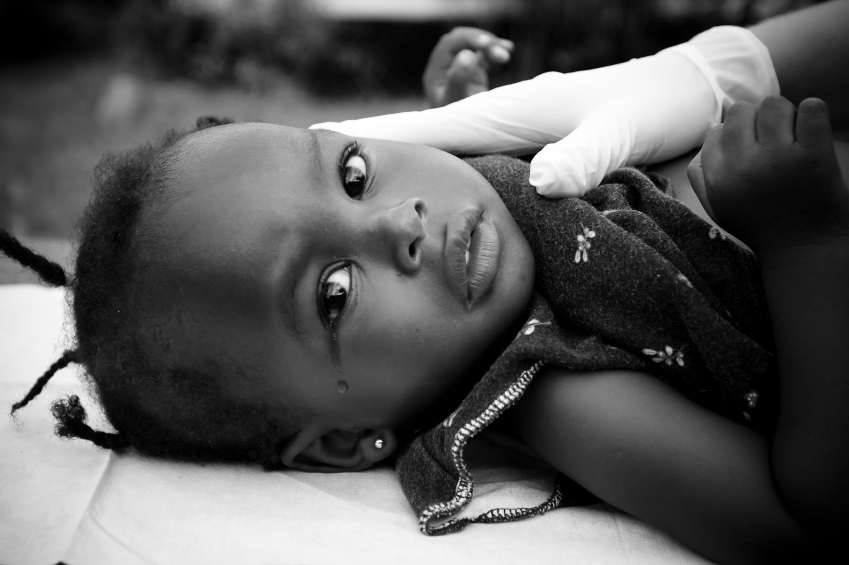Grave consequences – EurekAlert!

FGM has been officially recognised as a human rights violation by the United Nations since 1992. Still, efforts to prevent the mutilation of newborns and young girls often meet with little success. Female genital mutilation comes in various degrees of severity, ranging from a cut to the clitoris or its removal (FGM I), through circumcision (FGM II) to the sewing together of the outer labia (FGM III). In the most extreme cases, labia that have grown together as a result of FGM are ripped apart violently during sexual intercourse or childbirth and are then sewn back together (infibulation).
In a pioneering, comprehensive study led by the University of Konstanz neuropsychologist Professor Thomas Elbert, Dr Anke Köbach and Dr Martina Ruf-Leuschner examined the impact that FGM has on the victims’ body and mind. The study was carried out in the Somali Region of Ethiopia among the Somali, Amhara and Oromo people, all cultures that practice FGM at varying levels of severity. The results indicate that the affected women experience FGM as both a physical and mental injury, a so-called traumatic event. They inevitably grow more vulnerable to psychological disorders brought on by trauma such as post-traumatic stress disorder or depression. These consequences are particularly grave in women subjected to the most invasive forms of FGM (type II/III). Nearly 20 percent of young women with an average age of 32 suffer from post-traumatic stress disorders. Individuals who were also exposed to other threats to their lives and physical well-being were found to suffer from particularly severe forms of trauma.
Read more here.
Read the original study here.

